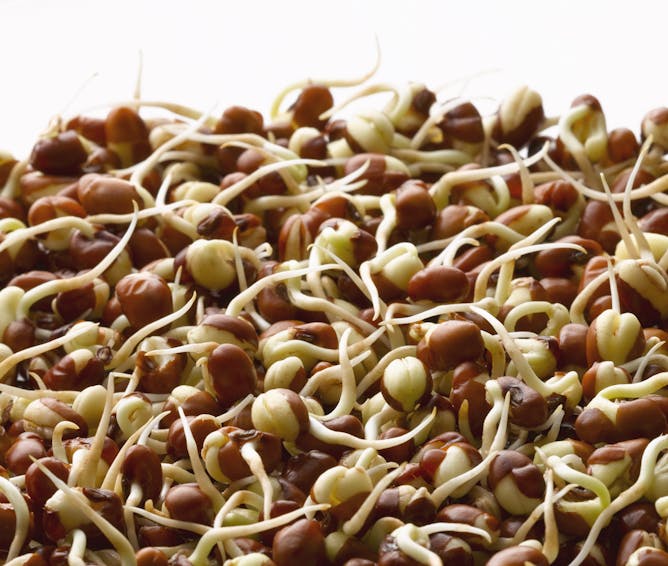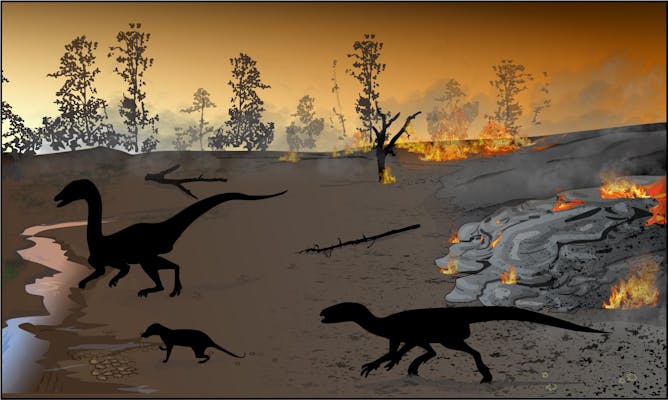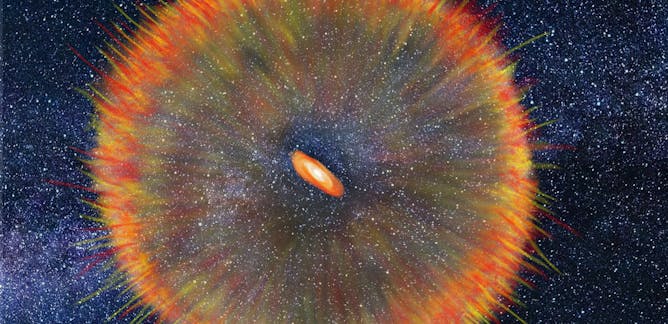|
Nigeria is the world’s largest producer of cowpea, an important source of protein for the nation’s 200 million residents. But up to 90% of the crop is lost to a pest called the cowpea pod borer. As Jose Maria Barrero and TJ Higgins explain, this is what lies behind Nigeria’s decision to register the first genetically modified cowpea and approve its release to small scale farmers. The move marks an important milestone on a continent where countries are still wary of biotechnology and genetic modification.
There are some truly massive stars in our galaxy, the Milky Way. When they die, it's in explosive events called supernovas that can sometimes trigger the formation of new stars out of materials in the dead star’s surroundings. At the moment we aren't sure how the original massive stars form - but, writes James Okwe Chibueze, a rare event spotted by astronomers may be a start to answering this question.
Last night the UK officially left the European Union. Prime Minister Boris Johnson is delivering on his promise to "get Brexit done". In various articles from our UK sister site, academics explore what this will mean for Britain, the EU and the rest of the world.
|

Cowpea, also known as Black Eyed Pea, is a staple crop in Nigeria.
Photo by FlowerPhotos/Universal Images Group via Getty Images
Jose Maria Barrero, CSIRO; TJ Higgins, CSIRO
Nigeria recently approved the world's first GM cowpea, which provides full protection against the pod-borer Maruca, a major problem for this important crop.
|

Reconstruction of the ancient environment at the Highlands trace fossil site about 183 million years ago.
Artwork by Akhil Rampersadh. Heterodontosaurid silhouette is courtesy of Viktor Radermacher.
Emese M Bordy, University of Cape Town
These trackways offer rare insights about ancient life in a stressful, hostile environment during the Early Jurassic.
|
|
|

James Okwe Chibueze, North-West University
This observation means astronomers can now develop and test theories that explain how high-mass stars gain their mass.
| |

Ozayr Patel, The Conversation
Why you should consider donating your body to research once you die.
|

Mahemud Tekuya, University of the Pacific
Instead of allocating the Nile waters based on a fixed, perpetual water supply Ethiopia, Sudan, and Egypt must consider changes in weather patterns, among other factors.
| |

Emily J. Beverly, University of Houston
Lake Victoria’s past is key to understanding its future.
|
|
|